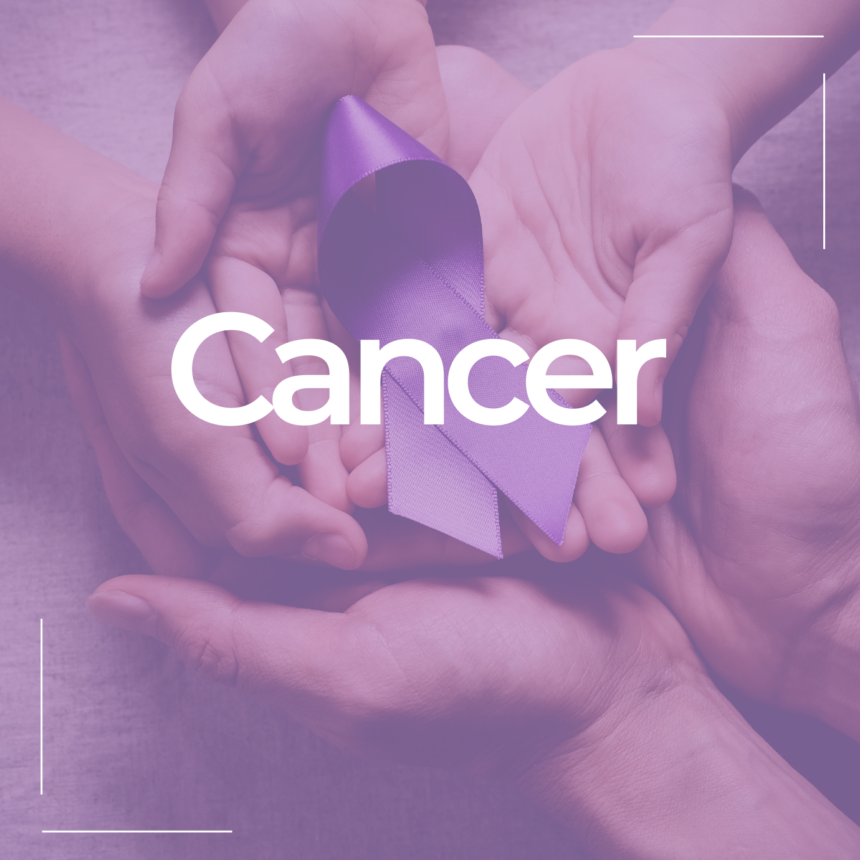While advancements in cancer treatment have improved outcomes for many patients, prevention remains a crucial aspect of combating cancer. Adopting healthy lifestyle habits can significantly reduce the risk of developing certain types of cancer. Here are some key lifestyle changes that can help prevent cancer:
1. Quit Smoking and Avoid Tobacco Products:
- Smoking is a leading cause of many cancers, including lung, throat, mouth, esophagus, bladder, and pancreatic cancers. Quitting smoking and avoiding tobacco products altogether can greatly reduce the risk of these cancers.
2. Maintain a Healthy Weight:
- Obesity is associated with an increased risk of several types of cancer, including breast, colorectal, kidney, pancreatic, and endometrial cancers. Adopting a balanced diet and engaging in regular physical activity can help maintain a healthy weight and lower cancer risk.
3. Eat a Healthy Diet:
- Consume a diet rich in fruits, vegetables, whole grains, and lean proteins. Limit the intake of red and processed meats, sugary beverages, and high-calorie, low-nutrient foods. A healthy diet provides essential nutrients and antioxidants that support overall health and reduce cancer risk.
4. Stay Physically Active:
- Regular physical activity can lower the risk of several cancers, including breast, colorectal, and endometrial cancers. Aim for at least 150 minutes of moderate-intensity aerobic activity or 75 minutes of vigorous-intensity aerobic activity per week.
5. Limit Alcohol Consumption:
- Excessive alcohol consumption is linked to an increased risk of developing various cancers, including those of the breast, liver, mouth, throat, esophagus, and colorectal area. Limiting alcohol intake can help reduce cancer risk.
6. Protect Yourself from the Sun:
- Overexposure to the sun’s ultraviolet (UV) rays can lead to skin cancer. Protect your skin by wearing sunscreen with at least SPF 30, seeking shade during peak sun hours, and wearing protective clothing and sunglasses.
7. Get Vaccinated:
- Certain viruses, such as human papillomavirus (HPV) and hepatitis B and C viruses, are linked to an increased risk of specific cancers. Vaccination against these viruses can reduce the risk of related cancers.
8. Practice Safe Sex:
- Practicing safe sex and limiting the number of sexual partners can reduce the risk of infection with viruses that are associated with cancer, such as HPV.
9. Attend Cancer Screenings:
- Participate in age-appropriate cancer screenings, such as mammograms for breast cancer, colonoscopies for colorectal cancer, and Pap tests for cervical cancer. Early detection can lead to more effective treatment and better outcomes.
10. Know Your Family History:
- Some cancers have a hereditary component. Knowing your family history of cancer can help you understand your risk and inform preventive measures or early screenings if necessary.
By adopting these lifestyle changes and engaging in regular health check-ups, individuals can take proactive steps to reduce their risk of developing cancer and promote overall well-being. It’s essential to consult with healthcare professionals for personalized guidance and cancer prevention strategies based on individual health factors and risk profiles.
